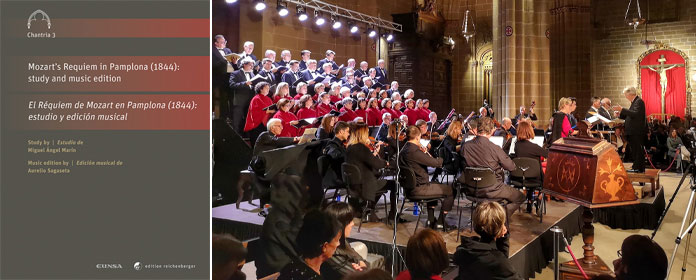"Godwin’s law states that the more a political discussion on the Internet advances, the more likely it is that Nazism will be mentioned"
Beatriz Gallardo, Professor of Linguistics at the Universitat de València, attended an international conference organized by the Institute for Culture and Society

FOTO: Manuel Castells
"Godwin’s law states that the more a political discussion on the Internet advances, the more likely it is that Nazism will be mentioned,” according to Beatriz Gallardo, who gave one of the plenary lectures at the international conference “In the name of the people: representing the people in twenty-first century politics,” organized by the Institute for Culture and Society.
Gallardo, Professor of Linguistics at the Universitat de Valencia, recently published a book on public and political discourse called, Tiempos de hiperbole (An era of hyperbole) in which she analyzes the exaggerations and disproportions that characterize current public discourse, for example, in political comparisons. The author gives several examples of these comparisons, which seek victimization. "Sáez de Santamaría saying that apartheid is practiced in Catalonia," Torra comparing Catalonia’s situation with the Armenian genocide or an anonymous Twitter profile saying that censorship was like death by garrotte under Franco. Such hyperbole does not permitus to maintain rational political discussion.
Gallardo points out another case of hyperbole in the intensification of narrative that underlies punitive populism’s discourse. It consists, according to the professor, in using a media case (for example theAlcácer girls case) to demand legislative change. "But judicial discourse is by definition an argumentative, not a narrative,discourse.” She also points to what many call the "story" of a politician or a party. "These are narratives that work as arguments," she explains. Narration is "easier,” simpler to follow, while argumentation requires several discursive layers at a time.
Another case of hyperbole is the excessive attention paid to new digital technologies. "Their undeniably positive elements are celebrated, while their counter productive effects are ignored," seriously harming citizens, for example, when they intervene in situations such as "Brexit, the massacre of the Burmese Rohingyas, or elections in several countries." This, in her opinion, is irresponsible and occurs because of "laziness" on the part of politicians and voters, as well as of the media.
Becoming responsible for our speechFor the author, the solution is found, among other places, at schools, when educating citizens so that they can live in community. "We have to educate ourselves in disagreement, and naturalize it because disagreement isn’t such a big problem," she explains. It is also important to understand that democracy demands a distribution of power, underscoring that "it is not necessarily bad for power to be exercised if it is done according to democratic values. Power is not in it self a bad or condemnable thing."
These elements, the linguist adds, lead citizens to "take responsibility for their words," to be consistent. As an example, she brings up anonymous evaluations of teachers, which by their nature assume that evaluations will normally be negative, that teachers will penalize those who criticize them, and that students criticize instead of seeking justice. "When we teach people to evaluate anonymously, they then do the same on social networks, so it is very important to take responsibility for our discourse at all levels."
Issues such as this one, as well as nationalist discourse, discourse on violence against women in politicsin Europe, discourse on migration, populist discourse in Europe and other countries such as Venezuela, etc. were discussed at an international conference called “IIn the name of the people: representing the people in twenty-first century politics.” The activity is part of ICS’s DEMOS project and received financial support from the Spanish Ministry of Economy and the European Regional Development Fund.





